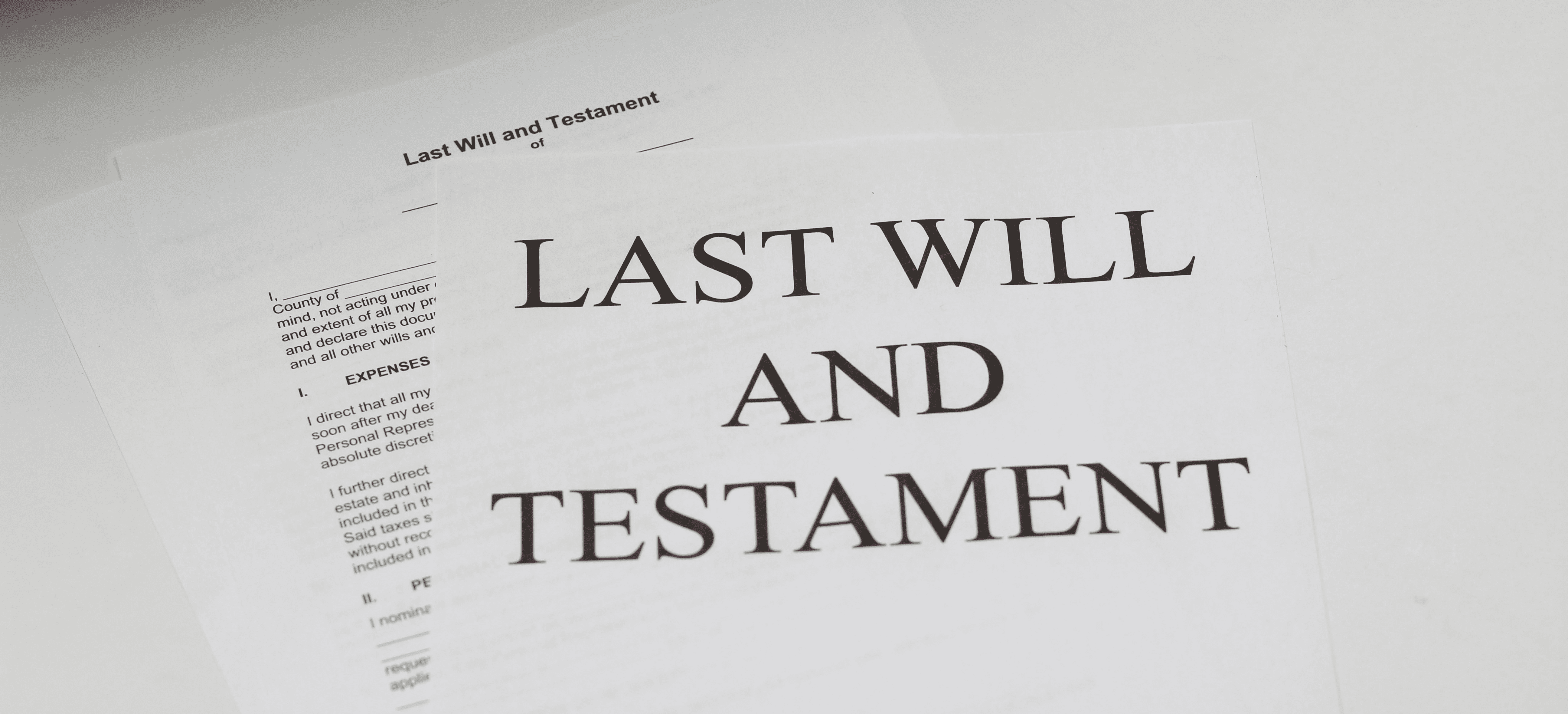More Resources to Explore
Estate Planning
More Resources to Explore
Estate Planning
More Resources to Explore
Estate Planning
Featured Articles
Latest Articles
Digital Estate Planning
Load more
Wills
Load more
More Articles
Load more
Try Trustworthy today.
Try Trustworthy today.
Try the Family Operating System® for yourself. You (and your family) will love it.
Try the Family Operating System® for yourself. You (and your family) will love it.
No credit card required.
No credit card required.

















